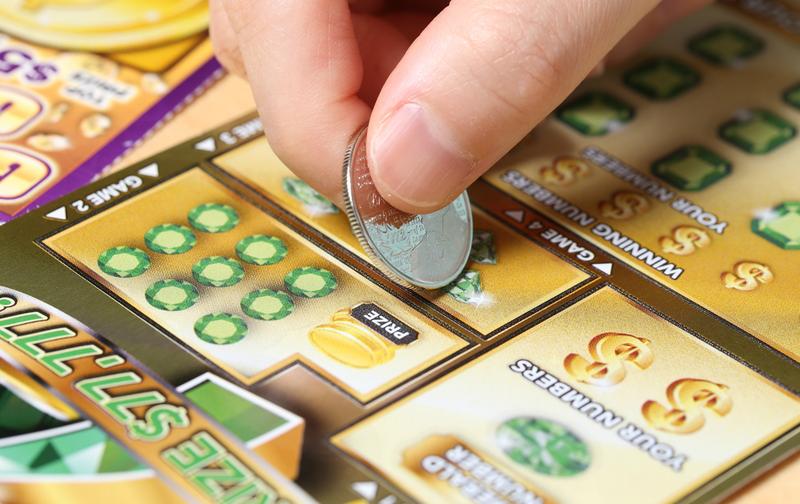
The Most Famous Myths About Casino Games: Debunking Popular Legends
Casino games have long been surrounded by countless myths and superstitions that influence how people play and perceive gambling. In 2025, when data and transparency have reached new heights, it’s time to separate fact from fiction. Let’s explore some of the most persistent legends about casino games and uncover what’s really true behind them.
Myth 1: Casinos Manipulate Games to Prevent Players from Winning
This myth remains one of the most widespread. Many believe that casinos have control over game outcomes, secretly adjusting them to reduce player winnings. In reality, modern casinos operate under strict licensing regulations and are regularly audited by independent organisations to ensure fairness. Every game uses a Random Number Generator (RNG), which guarantees random results that cannot be influenced by the casino or the player.
In regulated markets such as the UK, Denmark, and Malta, casinos are obliged to comply with oversight bodies like the UK Gambling Commission and the Malta Gaming Authority. These institutions monitor payout ratios, fairness reports, and even the integrity of the software. Any attempt to manipulate results would result in immediate license revocation and financial penalties.
Therefore, what players often perceive as manipulation is simply the natural variance of chance. Understanding how RNG technology and regulation work can help gamblers build realistic expectations and a responsible approach to playing.
The Role of RNG and Auditing Systems
The Random Number Generator is the backbone of modern casino gaming. It constantly produces millions of number combinations per second, ensuring every spin or card dealt is entirely independent of previous ones. Reputable providers such as Microgaming, NetEnt, and Playtech integrate certified RNG systems verified by companies like eCOGRA and iTech Labs.
Auditing bodies perform frequent tests, reviewing transaction histories and win probabilities. This process confirms that payout percentages match what is advertised — for instance, a 96% RTP slot will statistically return that percentage over a large number of plays. Transparency reports are usually published publicly, making it easy for players to check fairness data.
In short, the belief that casinos can manipulate outcomes is a misunderstanding of how regulated gaming environments work. Technology and oversight ensure that every player is treated equally and that luck remains the only true factor.
Myth 2: Some Games Are “Due” to Pay Out Soon
Players often think that a slot or roulette table that hasn’t produced a win for a while is “hot” or “ready to pay out.” This belief stems from the human tendency to find patterns in random events, known as the gambler’s fallacy. However, casino games have no memory — each spin, roll, or hand is completely independent.
For example, even if a roulette wheel has landed on black ten times in a row, the chance of red appearing next remains 50/50 (excluding zero). The outcome is not influenced by past results. Similarly, a slot machine doesn’t “know” when it last paid out, so it cannot be “overdue.”
Understanding randomness helps players avoid chasing losses or playing based on emotion rather than strategy. Modern gaming education initiatives focus on teaching players to separate luck from logic and enjoy the entertainment aspect of gambling responsibly.
How Casinos Use Game Statistics
While casinos publish Return to Player (RTP) rates, these figures represent long-term averages, not guarantees for short sessions. For instance, a slot with 97% RTP means that over millions of spins, the machine will pay out 97% of all bets placed. But during a short session, anything can happen — big wins or long losing streaks.
Casinos often provide transparency tools that show volatility levels — “low,” “medium,” or “high.” This helps players choose games that suit their risk preference. High-volatility games like “Book of Dead” or “Dead or Alive 2” may pay less frequently but offer larger rewards when they do.
When players understand that randomness is absolute and outcomes are never influenced by time or frequency, they can make more rational and enjoyable decisions during play.

Myth 3: There Are Secret Strategies to Beat Casino Games
Another long-standing myth is that there exist secret systems or strategies that guarantee a win. From card counting schemes to betting progressions, countless methods claim to turn the odds in favour of the player. While some strategies may optimise decision-making, none can overcome the built-in house edge that ensures the casino’s long-term profit.
Games like blackjack and poker do allow for skill-based advantages when applying proper strategies, but even these rely on statistical margins, not certainty. In contrast, pure chance games such as slots or roulette cannot be influenced by strategy or betting patterns.
Most modern casinos have implemented advanced monitoring systems that can detect unusual betting behaviour or advantage play. Attempting to use exploitative methods not only fails but may result in account suspension or banning.
The Value of Responsible and Strategic Play
While no system can guarantee wins, responsible play combined with strategy can improve the overall experience. Learning game rules, bankroll management, and understanding probability are key elements of intelligent gambling. Many players use the “loss limit” or “session budget” method, which helps maintain control and reduce the risk of financial harm.
Casinos now promote responsible gambling tools more actively than ever before. Self-exclusion options, reality checks, and spending limits are available to all players. These measures support healthy gaming habits while maintaining transparency about the odds of winning.
Ultimately, the best strategy isn’t about trying to beat the system but about enjoying games safely and sensibly. In 2025, with stricter regulations and increased player awareness, the focus has shifted from superstition to education and transparency.
Lignende artikler
-
 What does a newcomer need to know about the casino welcome bonus?
What does a newcomer need to know about the casino welcome bonus?The modern gambling industry offers enthusiasts many opportunities to enjoy …
-
 The instant scratch-off lottery
The instant scratch-off lotteryThis lottery was first launched in 1974. Its name clearly …
